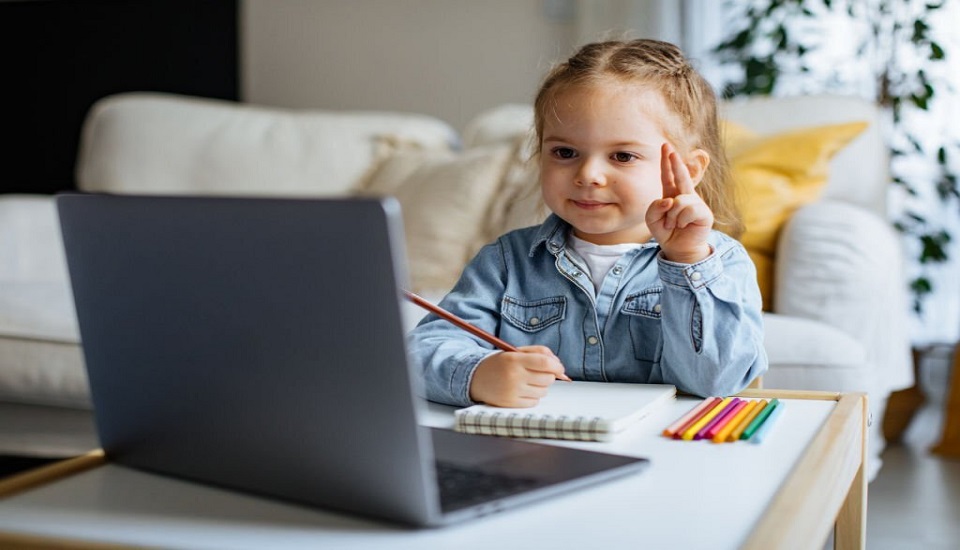Exciting STEM Activities That Lower And Upper Elementary Kids Can Do At Home
1st April 2022

Elementary is considered to be an incredible time to introduce STEM activities. The fascinating combination of Science, Technology, Engineering and Math is bound to create some interesting lessons that get kids excited to learn. Additionally, if we include in it a little bit of Art, making it STEAM, whenever we can, then nothing can be better than that. By including art in STEM, the two most important aspects of child development occur, promoting creativity and innovative thinking. This is something that adds a lot to the critical thinking and logical problem skills developed through STEM.
So how do you start with Lower and Upper Elementary STEM Activity? Whatever method you think of following, always remember that all the activities must aim towards fostering a love of learning and an understanding of the scientific process; such activities that must help them develop skill sets in inquiry, so they become strong critical thinkers. However, the most important thing remains fun; they need to enjoy and have fun.
Another vital point of STEM that you should keep in mind is that the activities must include at least 2 or more of the 4 pillars. The activities considered the best are all-inclusive and make use of the skill sets the way they are used in the real world.
With all this in mind, we have included here three of our favourite STEM Activities for Elementary aged kids. This is far from an exhaustive list more of which you can learn by enrolling in online Montessori Teacher Training Courses. Apart from the activities mentioned here, there are also so many other cool activities you can do with your kids that work with a wide range of abilities and ages all because Elementary includes a large age range.
STEM Activities
1. Story Time from Space
You can have the kids explore space and engage in STEM education creating a once-in-a-lifetime opportunity for you and your children to read to both of you from space. Story Time from Space, a project created by the Global Space Education Foundation, is a non-profit initiative that works in partnership with several organizations, including NASA and the ISS.
This exciting program features astronauts from around the world and includes Anne McClain from NASA, Koichi Wakata from JAXA, and Hazza Al Mansoori, who is also the first astronaut in space from UAE. These astronauts read children’s books during various missions in space. The books include a diverse and wide range of STEM topics that are explored.
Things that the children must do after listening to a story from space:
- Art: Illustrate a picture of your favourite part of the story.
- A sequence of events: Make a note of the events in the story.
- Astronomy: Exploreand find out about the planet discussed in the book and mention 3 to 5 interesting facts you learned about it.
- Creative writing: Write a story/poem/play about what a day would be like on the International Space Station (ISS).
- Math: Find the total distance between the particular planet discussed in the story and Earth.
- Science and technology: Explore and write a short report about the ISS by including the six Ws - who, what, where, when, why, how as applicable. Use photographs or illustrations that can be included in the report.
2. Make Plastic from Milk
There are certainly other interesting ways to make plastic but this one is the favourite for elementary is due to a few reasons; the first and foremost reason being that most younger kids love milk, therefore it makes it fun to use it in experiments. Without using fire, milk can also be turned into plastic (although you will still require a microwave to warm the milk) – this is one of the reasons for younger kids to be in charge of all the steps in this activity. Moreover, this way of making plastic is also quite easy and the finished pieces can be painted and kept as mementoes.
3. Elephant Toothpaste
This is a classic experiment used for elementary learners. This includes a foamy blast of educational experimentation that will certainly have the kids engaged, learning and having fun! For this, you can use simple supplies from around the house and make this foamy fountain we lovingly call Elephant Toothpaste.






